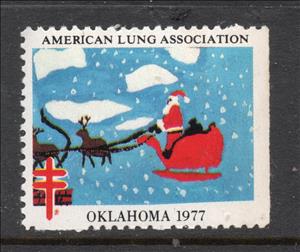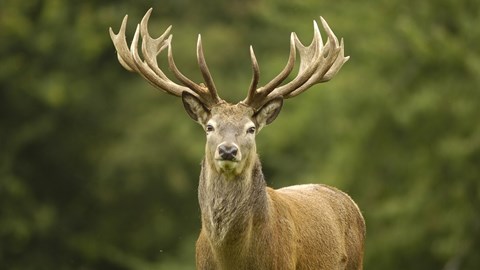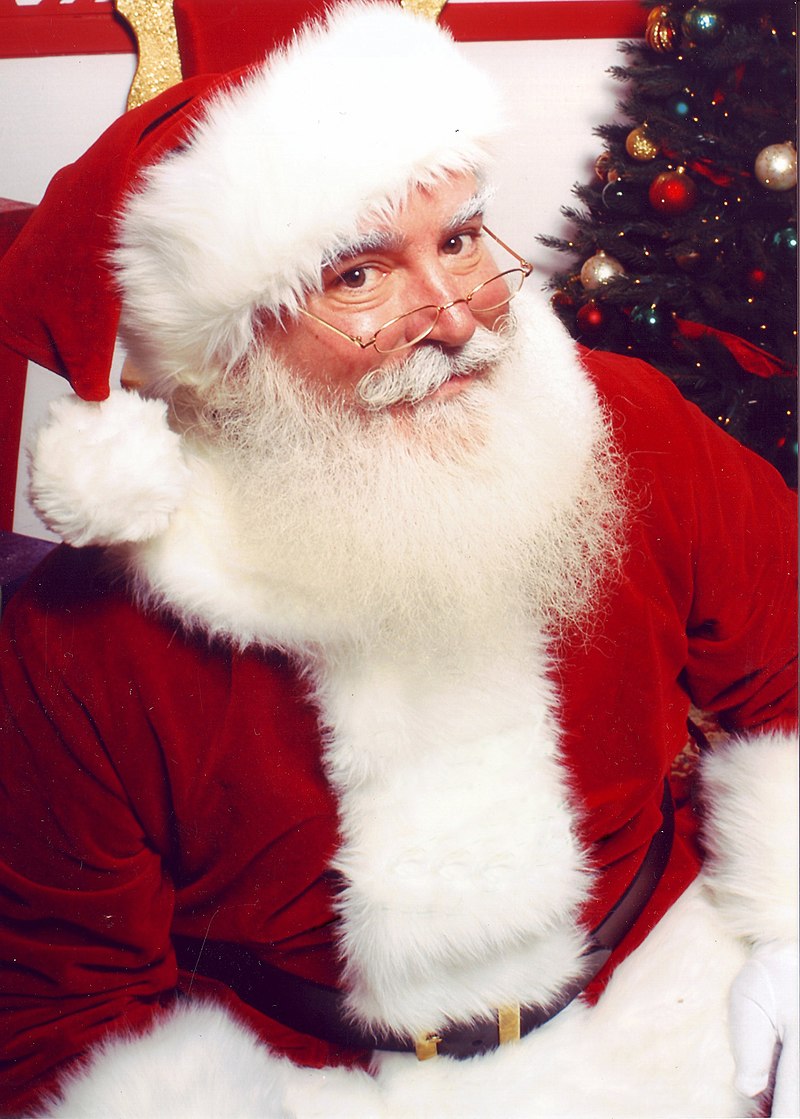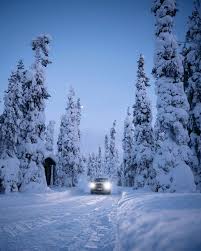Stamp: American Lung Association (Cinderellas 1977)
American Lung Association (Cinderellas 1977)
01 January (Cinderellas ) within release U.S.A. goes into circulation Stamp American Lung Association face value None No Face Value
| Stamp American Lung Association in catalogues | |
|---|---|
| Colnect codes: | Col: US 1977-018 |
Stamp is horizontal format.
OKLAHOMA, 1 from a sheet of 54 differentAlso in the issue U.S.A.:
- Stamp - American Lung Association face value None;
- Stamp - American Lung Association face value None;
- Stamp - American Lung Association face value None;
- Stamp - American Lung Association face value None;
- Stamp - American Lung Association face value None;
- Stamp - American Lung Association face value None;
- Stamp - American Lung Association face value None;
- Stamp - American Lung Association face value None;
- Stamp - American Lung Association face value None;
- Stamp - American Lung Association face value None;
- Stamp - American Lung Association face value None;
- Stamp - American Lung Association face value None;
- Stamp - American Lung Association face value None;
- Stamp - American Lung Association face value None;
- Stamp - American Lung Association face value None;
- Stamp - American Lung Association face value None;
- Stamp - American Lung Association face value None;
- Stamp - American Lung Association face value None;
- Stamp - American Lung Association face value None;
- Stamp - American Lung Association face value None;
- Stamp - American Lung Association face value None;
- Stamp - American Lung Association face value None;
- Stamp - American Lung Association face value None;
- Stamp - American Lung Association face value None;
- Stamp - American Lung Association face value None;
- Stamp - American Lung Association face value None;
- Stamp - American Lung Association face value None;
- Stamp - American Lung Association face value None;
- Stamp - American Lung Association face value None;
- Stamp - American Lung Association face value None;
- Stamp - American Lung Association face value None;
- Stamp - American Lung Association face value None;
- Stamp - American Lung Association face value None;
- Stamp - American Lung Association face value None;
- Stamp - American Lung Association face value None;
- Stamp - American Lung Association face value None;
- Stamp - American Lung Association face value None;
- Stamp - American Lung Association face value None;
- Stamp - American Lung Association face value None;
- Stamp - American Lung Association face value None;
- Stamp - American Lung Association face value None;
- Stamp - American Lung Association face value None;
- Stamp - American Lung Association face value None;
- Stamp - American Lung Association face value None;
- Stamp - American Lung Association face value None;
- Stamp - American Lung Association face value None;
- Stamp - American Lung Association face value None;
- Stamp - American Lung Association face value None;
- Stamp - American Lung Association face value None;
- Stamp - American Lung Association face value None;
- Stamp - American Lung Association face value None;
- Stamp - American Lung Association face value None;
Stamp American Lung Association it reflects the thematic directions:
help, especially in the form of money, given freely to people who are in need, for example because they are ill, poor, or have no home, and organizations that provide this help: She does a lot of work for charity.
Christmas or Christmas Day (Old English: Crīstesmæsse, meaning "Christ's Mass") is an annual festival commemorating the birth of Jesus Christ, observed most commonly on December 25 as a religious and cultural celebration among billions of people around the world. A feast central to the Christian liturgical year, it is prepared for by the season of Advent or the Nativity Fast and initiates the season of Christmastide, which historically in the West lasts twelve days and culminates on Twelfth Night; in some traditions, Christmastide includes an Octave. The traditional Christmas narrative, the Nativity of Jesus, delineated in the New Testament says that Jesus was born in Bethlehem, in accordance with messianic prophecies; when Joseph and Mary arrived in the city, the inn had no room and so they were offered a stable where the Christ Child was soon born, with angels proclaiming this news to shepherds who then disseminated the message furthermore. Christmas Day is a public holiday in many of the world's nations, is celebrated religiously by the vast majority of Christians, as well as culturally by a number of non-Christian people, and is an integral part of the holiday season, while some Christian groups reject the celebration. In several countries, celebrating Christmas Eve on December 24 has the main focus rather than December 25, with gift-giving and sharing a traditional meal with the family.
A deer (pl.: deer) or true deer is a hoofed ruminant ungulate of the family Cervidae. It is divided into subfamilies Cervinae (which includes, among others, muntjac, elk (wapiti), red deer, and fallow deer) and Capreolinae (which includes, among others reindeer (caribou), white-tailed deer, roe deer, and moose). Male deer of almost all species (except the water deer), as well as female reindeer, grow and shed new antlers each year. These antlers are bony extensions of the skull and are often used for combat between males.
Santa Claus (also known as Saint Nicholas, Saint Nick, Father Christmas, Kris Kringle or Santa) is a legendary figure originating in Western Christian culture who is said to bring gifts during the late evening and overnight hours on Christmas Eve. Christmas elves are said to make the gifts in Santa's workshop, while flying reindeer pull his sleigh through the air
Snow comprises individual ice crystals that grow while suspended in the atmosphere—usually within clouds—and then fall, accumulating on the ground where they undergo further changes. It consists of frozen crystalline water throughout its life cycle, starting when, under suitable conditions, the ice crystals form in the atmosphere, increase to millimeter size, precipitate and accumulate on surfaces, then metamorphose in place, and ultimately melt, slide or sublimate away.





